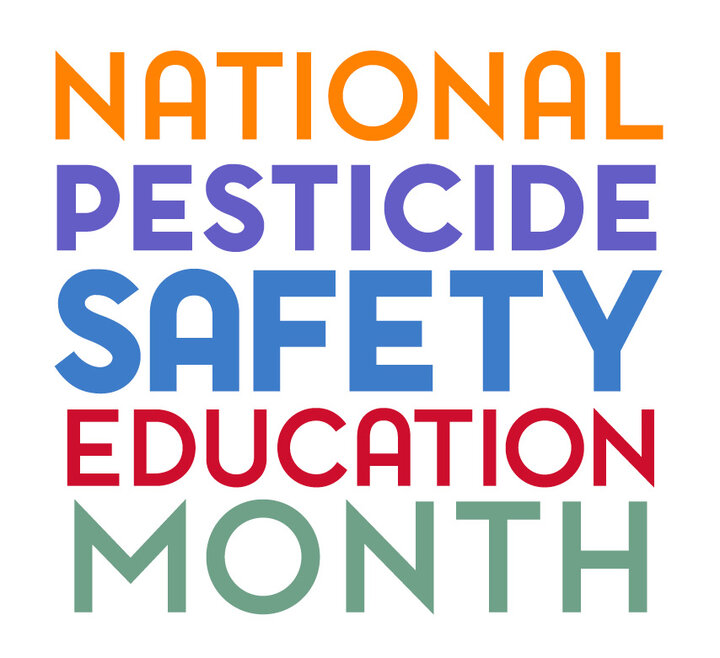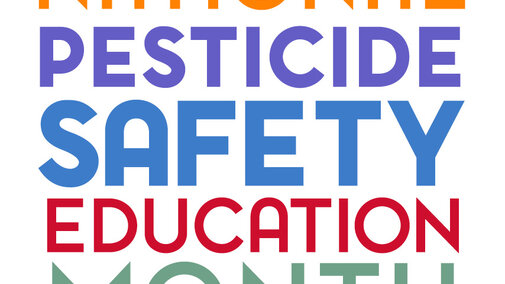February is National Pesticide Safety Education Month, an initiative of the National Stakeholder Team for Pesticide Safety Education Program (PSEP) Funding. Preventing safety concerns during pesticide transport, storage, application, and disposal are just some of the many goals of land-grant university PSEPs and other public and private sector groups that promote pesticide safety.

Learn more about Nebraska Extension's Pesticide Safety Education Program.
“PSEPs and other educators work throughout the year to teach safe handling of pesticides from purchase to disposal,” says Lee Van Wychen, director of science policy for the Weed Science Society of America. “National Pesticide Safety Education Month is intended to highlight and enhance safe use practices by everyone.”
Pesticides go beyond insecticides and herbicides to include fungicides, disinfectants, sanitizers, and many other types.
"Thousands of pesticide products are sold in the U.S., and safe handling has a tremendous positive impact on the protection of human health and the environment,” notes Kristine Schaefer, program manager of the Pesticide Safety Education Program at Iowa State University. “For example, most pesticide accidents in the U.S. are due to improper storage, and involve someone who was not even using the pesticide.”
The National Pesticide Safety Education Month webpage has information about this new initiative, access to helpful information, a self-assessment of personal pesticide safety practices and more.
The National Stakeholder Team for PSEP Funding is a team committed to strengthening and supporting the state land-grant university Pesticide Safety Education Programs. It has members from almost 100 organizations, including state regulatory agencies, universities, companies and associations such as the:

